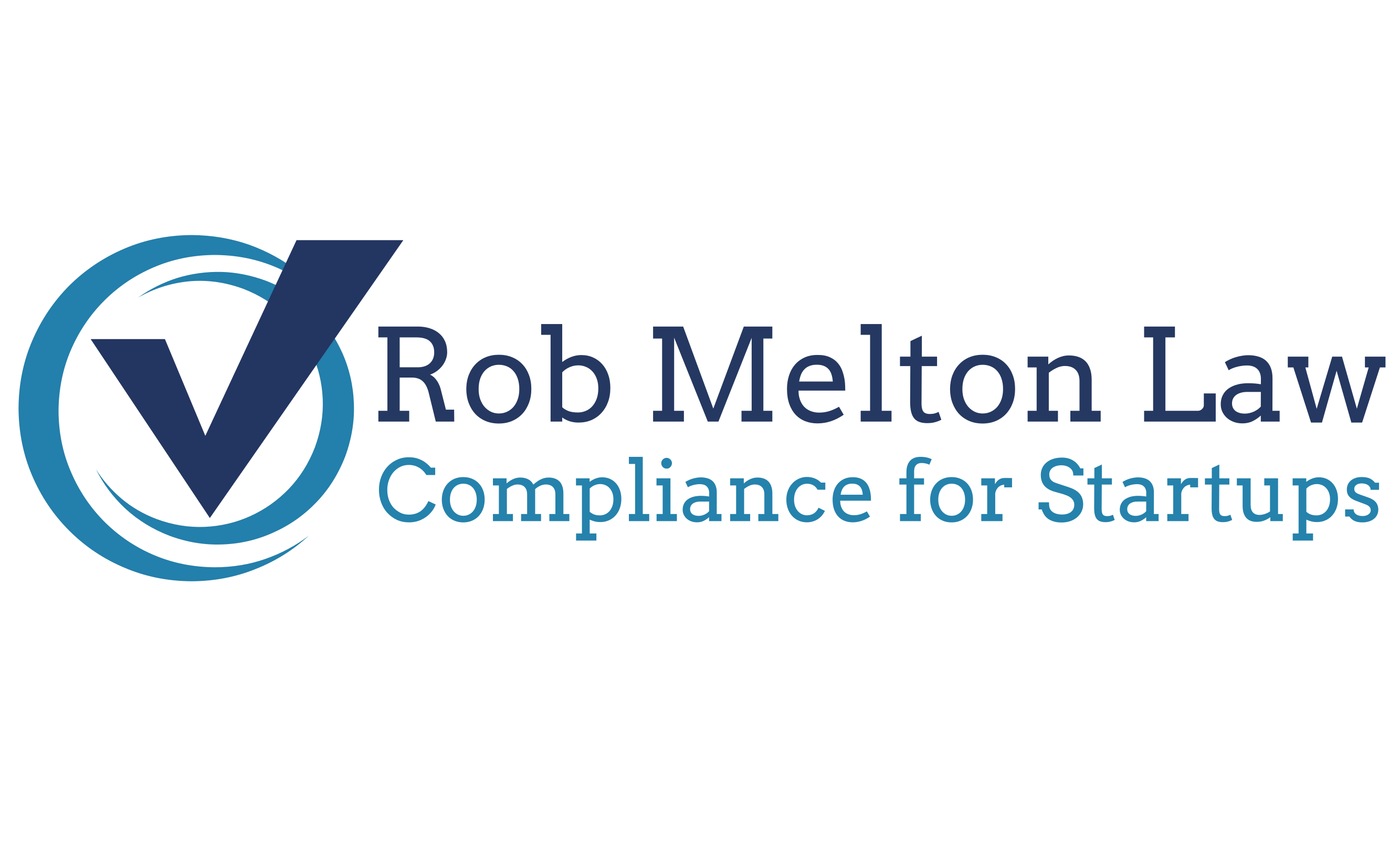Mobile apps in healthcare have gained popularity for several reasons:
a) Accessibility and Convenience: Mobile apps provide easy access to healthcare services and information anytime and anywhere. Patients can schedule appointments, access medical records, track their health conditions, receive reminders, and communicate with healthcare providers conveniently through their smartphones or tablets.
b) Patient Engagement and Empowerment: Mobile apps enable patients to actively participate in their healthcare journey. They can monitor their vital signs, track symptoms, set health goals, and receive personalized health information and recommendations. This engagement promotes self-care, empowers patients, and improves health outcomes.
c) Remote Monitoring and Telehealth: Mobile apps facilitate remote patient monitoring and telehealth services. Patients can transmit health data to healthcare providers, receive virtual consultations, and access remote care, reducing the need for in-person visits, especially for chronic disease management or follow-up care.
d) Health and Wellness Tracking: Mobile apps offer features for fitness tracking, diet monitoring, stress management, sleep tracking, and other wellness-related activities. These apps allow individuals to monitor and improve their overall health and well-being proactively.
Privacy and security risks regarding mobile apps with health information or protected health information (PHI):
a) Data Breaches and Unauthorized Access: Mobile apps may store or transmit sensitive health information, including PHI. Inadequate security measures can lead to data breaches, unauthorized access, or hacking incidents, potentially compromising patient privacy and exposing personal health information to unauthorized individuals.
b) Insecure Data Storage and Transmission: Weak encryption, insecure data storage practices, or unsecured data transmission channels can put health information at risk. If data is not adequately protected while at rest or in transit, it can be vulnerable to interception or unauthorized retrieval.
c) Lack of User Awareness and Consent: Mobile apps may collect and use personal health information without the user’s explicit knowledge or consent. Insufficient transparency about data collection, usage, and sharing practices can erode trust and compromise privacy.
d) Third-Party Integration and Data Sharing: Mobile apps often integrate with third-party services or share data with external entities. Inappropriate handling of data by these third parties, inadequate data sharing agreements, or non-compliance with privacy regulations can expose health information to unintended recipients.
Laws that regulate mobile apps in the healthcare industry:
a) Health Insurance Portability and Accountability Act (HIPAA): HIPAA regulations protect the privacy and security of PHI. Mobile apps that handle PHI must comply with HIPAA requirements, including data encryption, access controls, breach notification, and business associate agreements (BAAs) with third-party service providers.
b) Food and Drug Administration (FDA) Regulations: Mobile medical apps that qualify as medical devices may be subject to FDA regulations. The FDA provides guidelines and requirements for the development, testing, and marketing of mobile medical apps to ensure their safety and effectiveness.
c) General Data Protection Regulation (GDPR): The GDPR applies to mobile apps operating within the European Union or processing personal data of EU residents. It sets standards for data protection, consent, data subject rights, and international data transfers.
How a lawyer can assist organizations running mobile apps in healthcare:
a) Regulatory Compliance: Lawyers well-versed in healthcare and privacy laws can guide organizations in understanding and complying with relevant regulations. They can assess the mobile app’s compliance with HIPAA, FDA regulations, GDPR, and other applicable laws, ensuring that the app meets legal requirements.
b) Privacy Policies and Terms of Service: Lawyers can draft and review privacy policies and terms of service for mobile apps, ensuring that they clearly outline data collection, storage, usage, and sharing practices. They can ensure that the policies align with legal requirements and adequately inform users about their rights and the app’s privacy practices.
c) Data Protection and Security: Lawyers can help organizations establish robust data protection and security measures for mobile apps, including encryption protocols, access controls, and secure data storage practices. They can also advise on security incident response plans and breach notification obligations.
d) Contractual Agreements: Lawyers can assist in negotiating and drafting agreements with third-party service providers, ensuring that appropriate contractual protections, such as BAAs, are in place when PHI is involved. They can also review and negotiate terms with app stores and other vendors.
e) Risk Assessment and Mitigation: Lawyers can conduct risk assessments to identify potential privacy and security risks associated with the mobile app. They can develop strategies to mitigate those risks, addressing vulnerabilities and ensuring compliance with applicable laws and best practices.
f) User Consent and Legal Compliance: Lawyers can assist in obtaining informed consent from app users, ensuring that consent processes are compliant with legal requirements. They can review user interface elements, consent mechanisms, and consent management practices to ensure legal compliance.
In summary, lawyers play a crucial role in helping organizations navigate the legal complexities and compliance obligations related to mobile apps in healthcare. They can provide guidance, draft legal documents, and ensure that mobile apps meet regulatory requirements, protecting both the organization and the privacy of users’ health information.

